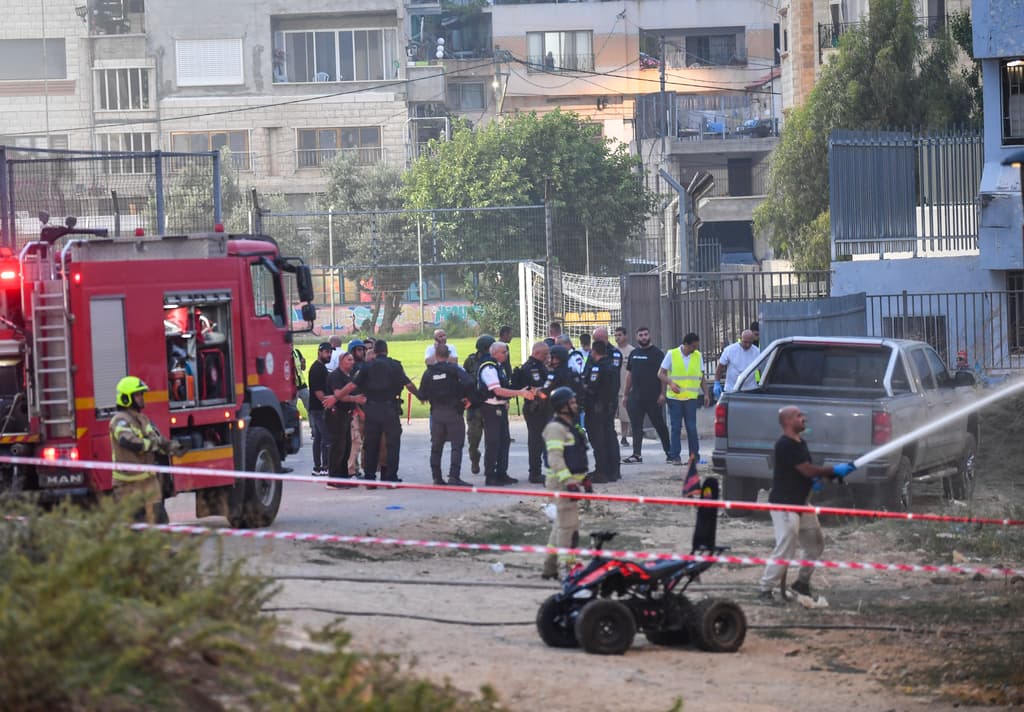After the attack on the Golan Heights, where at least twelve children died, Israel has responded by attacking targets deep inside Lebanon.
I do not think we have seen the end of the Israeli response, says Middle East expert Anders Persson.
It is still unclear exactly which targets Israel has attacked in Lebanon. Currently, there is no information about a large number of deaths, affected leaders, or damaged critical military infrastructure.
What we have seen is still measured from Israel's side. I cannot see this as an escalation so far, says Anders Persson, associate professor of political science at Linnaeus University, to TT.
Israel has, however, had harsh rhetoric after the attack, which they hold the Iran-backed Shia militia Hezbollah responsible for. Israel's Foreign Ministry says that Hezbollah has "crossed all borders" with the "massacre" on the Golan Heights, reports AFP. Israel's Prime Minister Benjamin Netanyahu says that "Hezbollah will pay dearly and in a way that has not been seen before".
According to Persson, we will likely see more attacks from Israel's side.
I cannot see that these attacks match the harsh rhetoric from Israel, says Anders Persson.
Pretence for War
The attack on the Golan Heights, annexed by Israel, gives Israel a "casus belli", a pretence for full-scale war or to attack Hezbollah properly, warns Anders Persson.
It can be used to legitimize a policy that many in the political leadership and military in Israel have wanted to see. Those who have long wanted to see a more powerful response to Hezbollah's attacks.
According to Persson, many different scenarios are possible, and he is not sure if it will escalate. During Sunday afternoon, Israel's government is scheduled to meet.
They will likely decide on the continued policy then.
Great Power Politics in the Middle East
Israel and the Iran-backed militia group Hezbollah have almost daily exchanged fire across the border since the Gaza War began following the terrorist-stamped Hamas attack on Israel in October last year. Attacks deep inside Lebanon are, however, unusual.
Hezbollah is the world's strongest sub-state actor, explains Anders Persson. They have 150,000 rockets and are an enormously sophisticated organization.
They have so far only fired 5,000 rockets, the weakest and with the least range and precision. They have their entire strong arsenal left.






